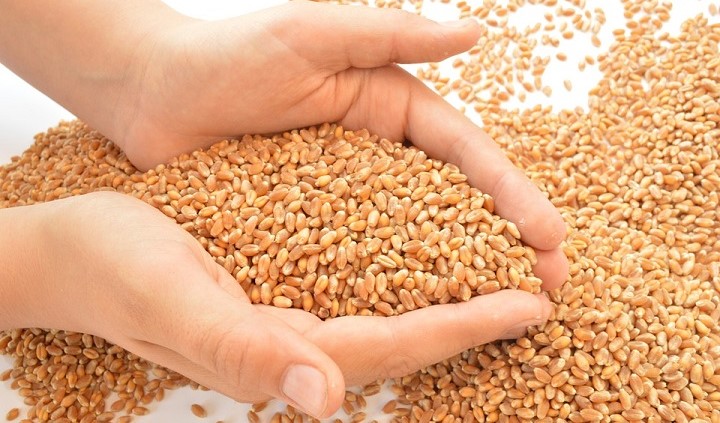
Whole grains are always preferable to processed foods. Yet, not all whole grains are equal. Some have more fiber than others. The fiber in whole grains can help control blood sugar, lower bad cholesterol and reduce the risk for colon cancer. Focus on oats, barley and bulgur for high fiber grains.
- Whole grain foods that are rich in fiber can help regulate digestion and control weight.
- Whole grains contain essential minerals such as iron, magnesium, selenium and zinc to keep the body healthy.
- Whole grain foods are a good source of B Vitamins which can help metabolism and may reduce the risk of stroke.
Whole grain options such as oats, brown rice, barley, and quinoa are popular and very easy to incorporate into meals. Try some other whole grain varieties to make life interesting and reap the benefits!
FARRO: Whole grain farro is a great, nutty flavored addition to soups and salads. Its sturdy texture also makes it ideal for risotto dishes.
FREEKAH: This ancient wheat grain packs 6 grams of fiber and 6 grams of protein into a single 1.5 ounce serving. That means it will keep you feeling full long after you have finished eating it. Freekah is also rich in lutein which is important for eye health.
WHEAT BERRIES: Wheat berries are hard seeds of wheat. Wheat berries can be enjoyed as a hearty breakfast cereal, added to soups or stews, or even used to make whole wheat flour for breads or other baked goods.
Whole grains are delicious and a smart choice for your family. Make whole grains part of your every day!
